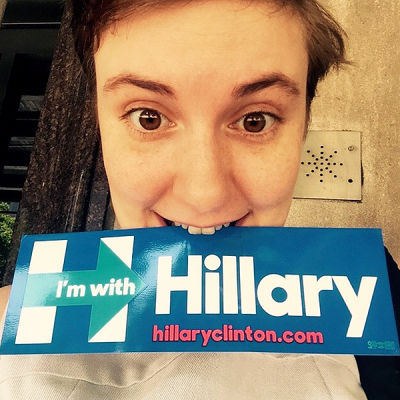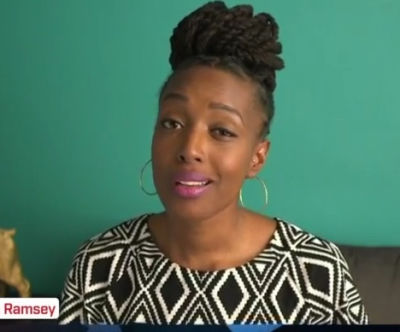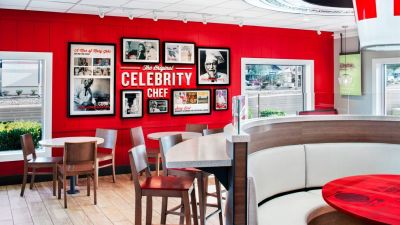Hello, dearest target-market readers who probably got here via Facebook or Twitter, and welcome to our inaugural installment of a new, regular feature at KQED Pop: Millennials Monthly.
Millennials, for the uninitiated, are the generational cohort made up of those born immediately after Gen X, and before -- well, no one's really figured out where the cutoff is yet. We'll get into this some down the road; one reason so many studies on Millennials vs. other generations are nearly meaningless is that they're comparing a much larger group of people born during a much longer span of years to a smaller and more clearly defined group.

But for our purposes, we're going to say Millennials are people who were born sometime between the early '80s and the mid-'90s. And if you haven't heard -- here I'm speaking to my fellow Millennials; we tend to respond well to first-person writing and a casual, familiar tone! -- we Millennials are changing the world. This means that the world (the media, entertainment, food and beverage industries, the housing market, technology, political institutions, etc. ) must, in turn, change with us -- if they're going to get any of our money.
Surely the most entertaining result of this need for change is a neverending stream of studies, all conducted with a goal of determining how best to appeal to us: What do Millennials think about organic food? How are we watching TV? Why are so many us still living in our parents' basements? As a Millennial, I often find myself clicking on these clickbait headlines and reading said studies, often on my mobile device, usually while streaming music -- you know, like a Millennial. Why do I bother reading them? Probably because I'm a self-involved member of the "Me" Generation (as more than a few Millennial studies have concluded!).
But more often than not, I'm also fascinated by the breathless, anthropological tone many of these articles adopt: as though American Millennials' behavior around money and politics and relationships and technology is taking place in a vaccuum, instead of being the direct, understandable result of having come of age during or immediately following the worst financial crisis since the Great Depression. With George W. Bush as president. While new forms of technology specifically aimed at changing the way we do business and form relationships emerge and become indispensable at a previously unimaginable rate.






